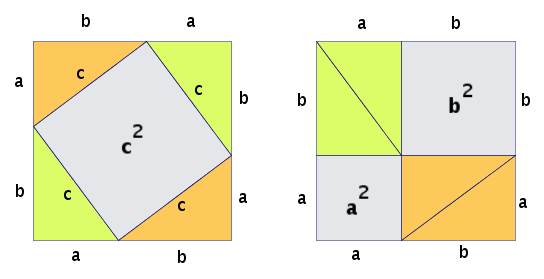Paulou, yes, I agree, that's a big difficulty! And I really do not want to go in that direction.
I've been batting this around the past week at the office, and people have suggested that American Scientist and Nature already do that, with their articles about new papers, condensed into 3 pages for a wider public. But I'm bothered by that in the sense that you describe, because much of that is about making it "sexy" and giving it a spin it really doesn't need (also, in my opinion, they dumb it down, despite claims to the contrary).
What I was thinking of was more along the lines of, for any given scientific journal, as well as the full paper (because, fair enough, for academics in that field, having a "standard" format, of dry passive language, probably makes it easier to repeat somebody else's experiment), there could additionally be the option of reading a "laymans" version without need for subscription (after all, a lot of research is funded by taxpayer money). I don't mean dumbing it down to pointlessness or buzzwords, or, as you quite accurately described it, "redditification", but the public should have at least the option of accessibility.
And I agree, you shouldn't expect to become an expert without time and a concerted effort, but I think there's ways to effectively communicate ideas that we can't do with the current format. Most journals have a word count, and a limit to the number of figures and tables you can use, each with their own limitations. What if this layman's version could have as many diagrams as is necessary to get the point across? Or could include embedded gifs, or videos? (a colleague presented her work on friday about predicting disease patterns, and instead of trying to explain cellular automata [it's awesome, look it up!], she had an 8-second gif that made it super-clear).
We've got all this technology and mediums available with which to present novel ideas and concepts, and we're sticking with "10,000 words max, no more than 6 figures, with a limit of up to 2 tables"?
I mean, basically, our way of presenting stuff is like the way Euclid presented his proofs, because, hey, that's the way it's always been done e.g. Pythagoras Theorem:
When really, there's simpler ways which just don't fit it into our current and stuffy formats:
I truly believe anyone can understand anything, given enough time and with the right flow of logic. I'm not talking about a shortcut, but I am talking about showing non-specialists the path, which, if they're willing to spend their time on, they can surely follow.
Last edited by Herc (2014-12-16 07:41:26)
Disclaimer: if you dislike the tone of a post I make, re-read it in a North/East London accent until it sounds sufficiently playful

















